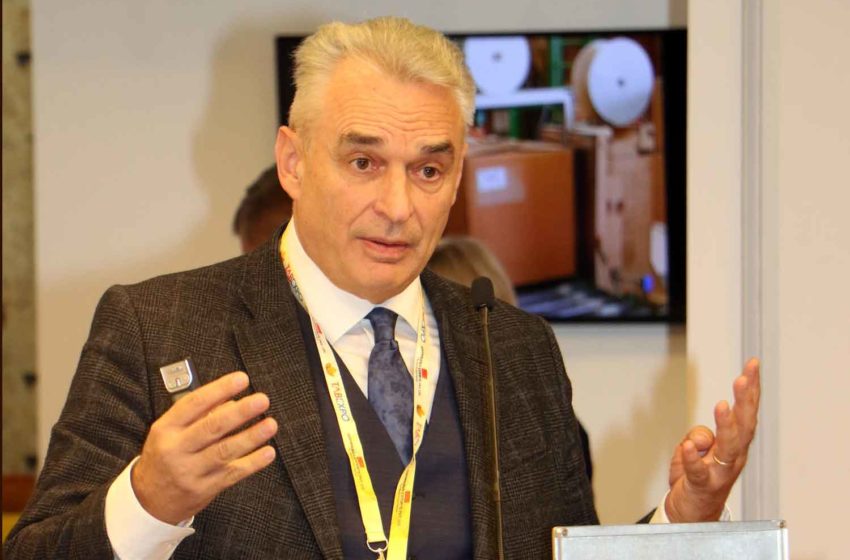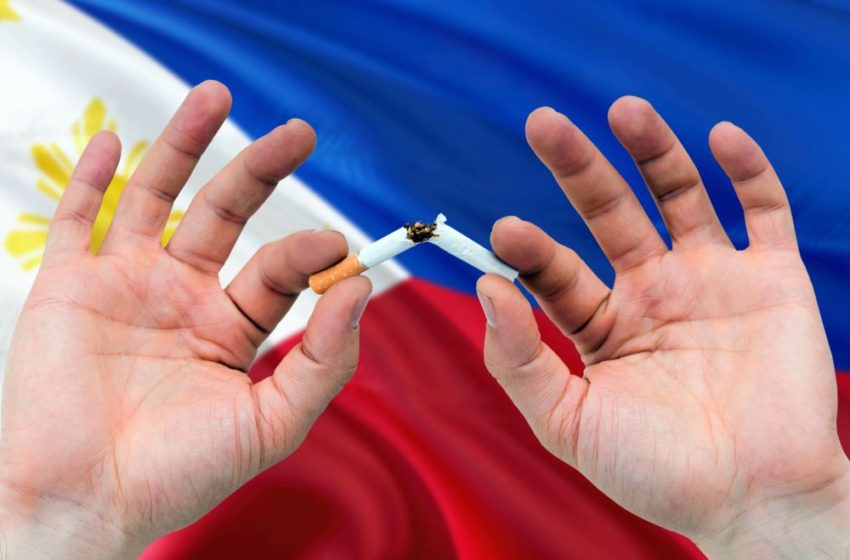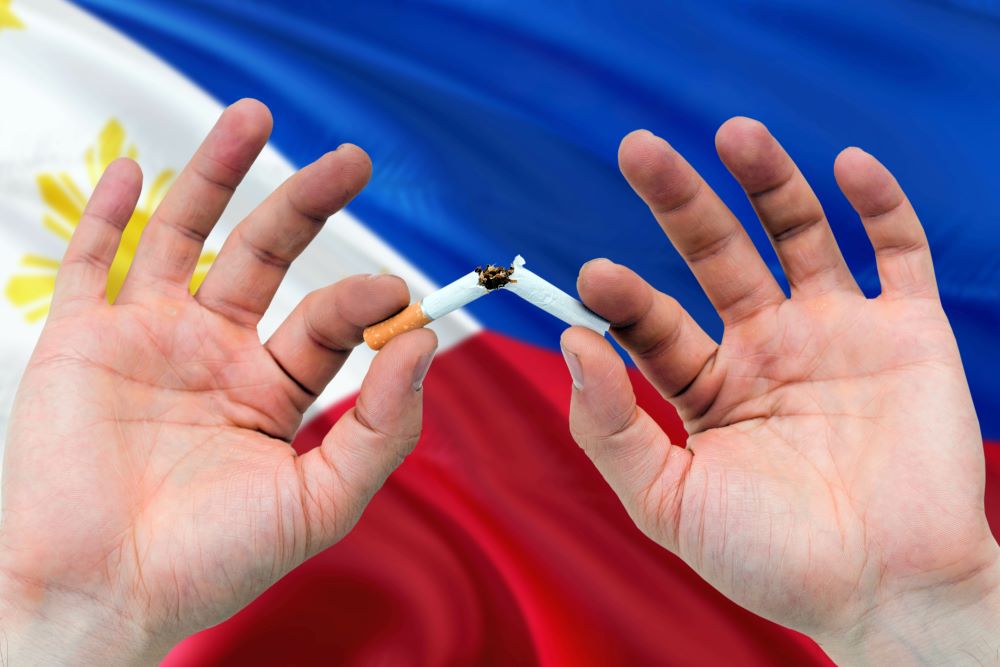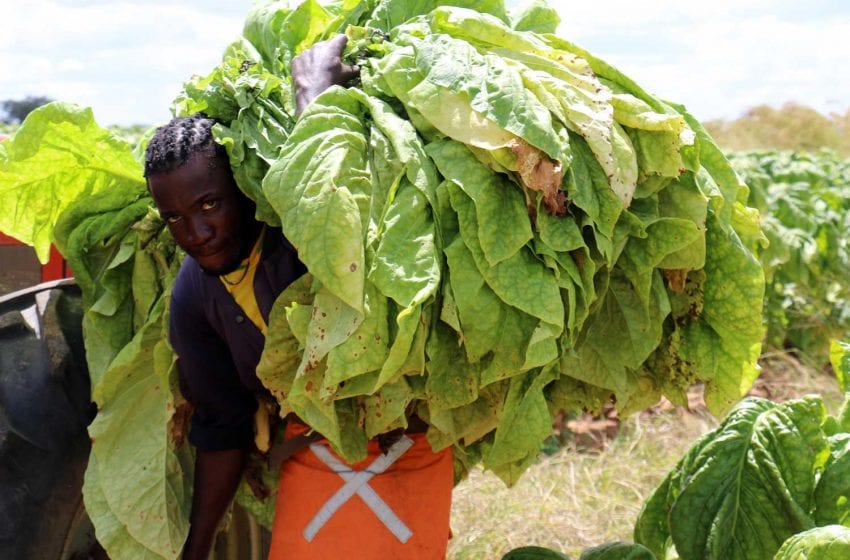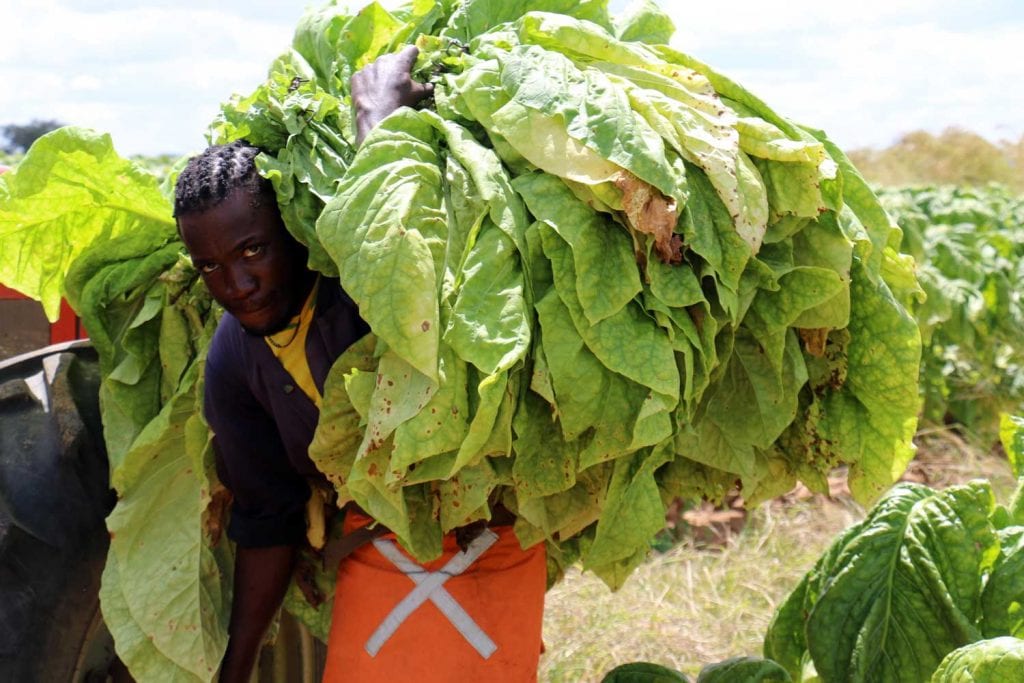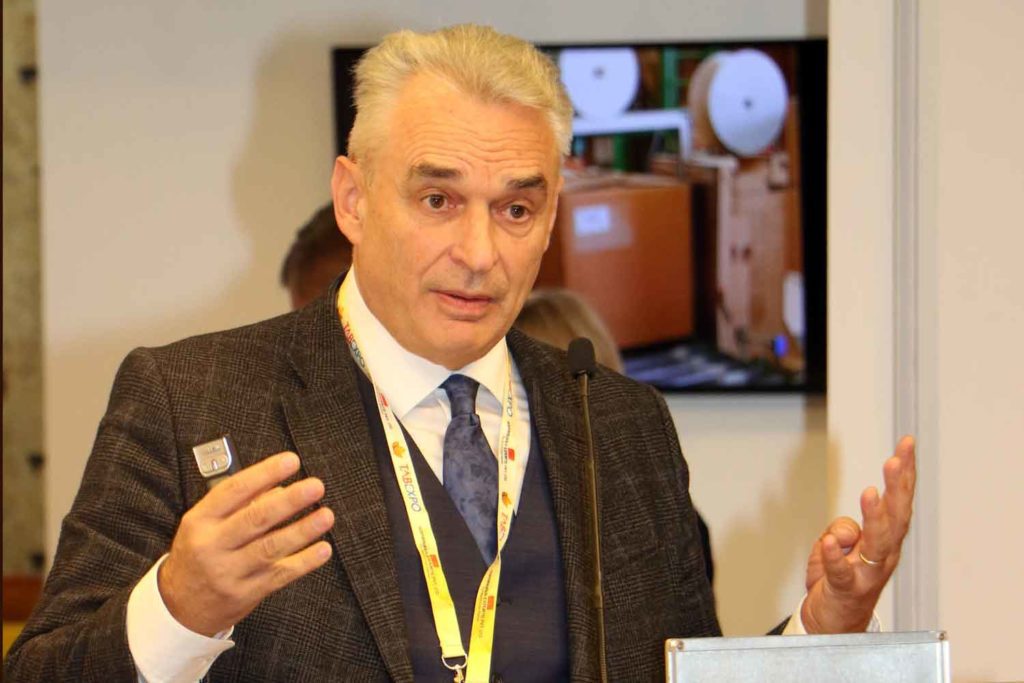
Smoking in Sweden has fallen to 5.6 percent, making Sweden the only European nation close to reaching the smoke-free goal set by the EU ahead of the 2040 target, Swedish authorities confirmed, according to BusinessWire.
According to participants in an event organized by the Oral Nicotine Commission in Stockholm, Sweden is about to become the first country in the world to be defined as “smoke-free,” representing a share of less than 5 percent of the population smoking.
Sweden’s smoking rates have plunged since the 1980s from 35 percent to below 6 percent. The next lowest smoking rate in Europe is double that of Sweden’s, with the EU average sitting around 23 percent, four times higher than in Sweden.
“If all smokers in the world, some 1.1 billion people, would switch to one of [the] less harmful alternative smoke-free, nicotine-based products, it could prevent disease and save millions of lives worldwide. Sweden has found the fire escape for smokers. We need to work together to repeat the Swedish experience globally to save lives,” said Delon Human, president of Health Diplomats and organizer of the Oral Nicotine Commission event.
“The upcoming Swedish EU presidency is a great opportunity to share their 5 percent success story to other EU countries,” said Karl Fagerstrom, professor, at the event. “We hope that Sweden will be generous with sharing this know-how internationally.”
Speakers at the conference emphasized the need for sound evidence-based policy interventions in tobacco control.

